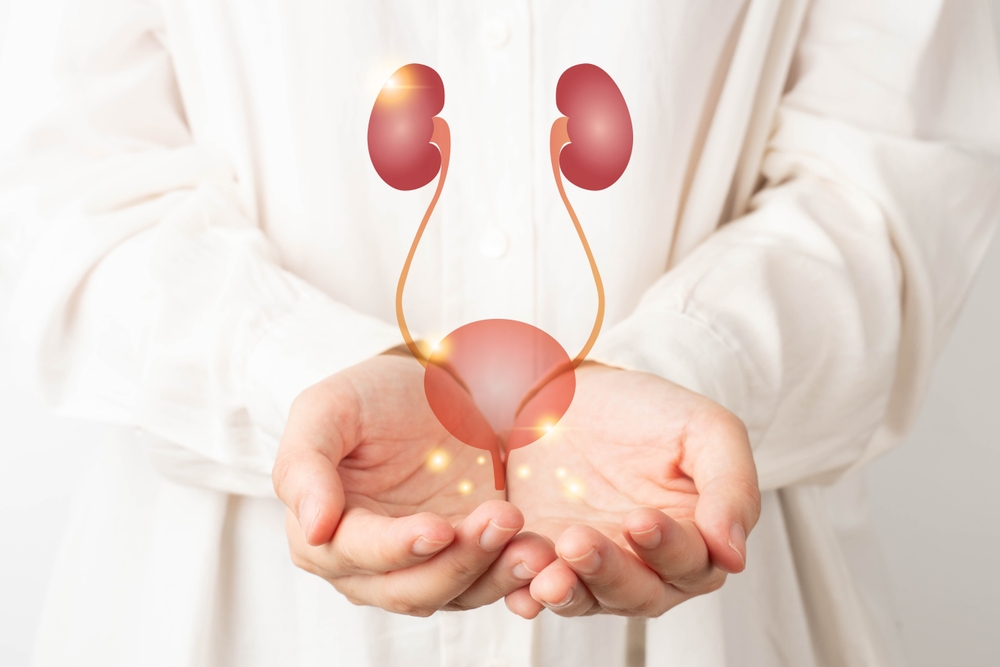
This procedure aims to alleviate pain and urinary tract obstructions caused by ureteral stones, ensuring effective and safe stone removal.
Endoscopic ureteral stone treatment is a surgical procedure that removes stones from the ureter using endoscopic techniques. Ureteral stones can cause pain and obstruct the urinary tract, leading to various complications. This procedure uses an instrument called a ureteroscope, a thin tube that is inserted through the urethra to reach the ureter and locate the stones.
The primary goal of this procedure is to remove ureteral stones effectively and safely. Endoscopic ureteral stone treatment alleviates pain and urinary tract obstructions caused by the stones. Additionally, this procedure prevents stones from causing damage to the kidneys or bladder and restores normal urine flow. It is an effective treatment method that significantly improves the quality of life for patients.
Endoscopic ureteral stone treatment is typically performed under general anesthesia. During the procedure, the surgeon inserts a ureteroscope through the urethra to reach the ureter and locate the stones. Special instruments passed through the ureteroscope are then used to break up or remove the stones. The fragments of the broken stones are naturally expelled through urine.
The procedure usually takes 1-2 hours, and patients are typically discharged the same day or the next day. Recovery from endoscopic ureteral stone treatment requires careful adherence to post-operative care instructions provided by the doctor. Patients may experience mild pain, blood in the urine, and a burning sensation for a few days. These symptoms usually subside within a few weeks. It is crucial to follow the doctor's care instructions during the recovery period.
One of the main advantages of endoscopic ureteral stone treatment is its minimally invasive nature. This procedure effectively removes ureteral stones, alleviating pain and urinary tract obstructions. It prevents stones from causing damage to the kidneys or bladder and restores normal urine flow. The results of the procedure are generally long-lasting.
However, there are some risks and complications associated with endoscopic ureteral stone treatment. These include infection, bleeding, and potential damage to the ureter. There is also a risk that not all stones may be completely removed or that new stones may form. Patients should be thoroughly informed about the advantages and risks of this treatment and discuss all possibilities with their surgeon. When performed by an experienced and skilled surgeon, endoscopic ureteral stone treatment is generally a safe and effective procedure.
Recovery from endoscopic ureteral stone treatment requires careful attention to the doctor's instructions. Patients may experience mild pain, blood in the urine, and a burning sensation in the urethra and bladder for the first few days. These symptoms usually subside within a few weeks. During this time, patients can use prescribed pain relievers and drink plenty of water to help flush out stone fragments.
It is essential to avoid heavy physical activities during the recovery period. Patients should rest for the first few weeks after the surgery and gradually return to their normal activities. Paying attention to diet and fluid intake as recommended by the doctor is also important. Regular follow-up appointments with the doctor are crucial to monitor the recovery process and detect any potential complications early. For more detailed information about ureteral stone treatment, contact EMPCLINICS.
It is important to drink at least 2-3 liters of water daily after the surgery. Adequate water intake helps prevent the formation of new stones in the urinary tract.
Your doctor will prescribe pain relievers for mild pain after the surgery. Additionally, drinking plenty of water and applying warm compresses can help alleviate pain.